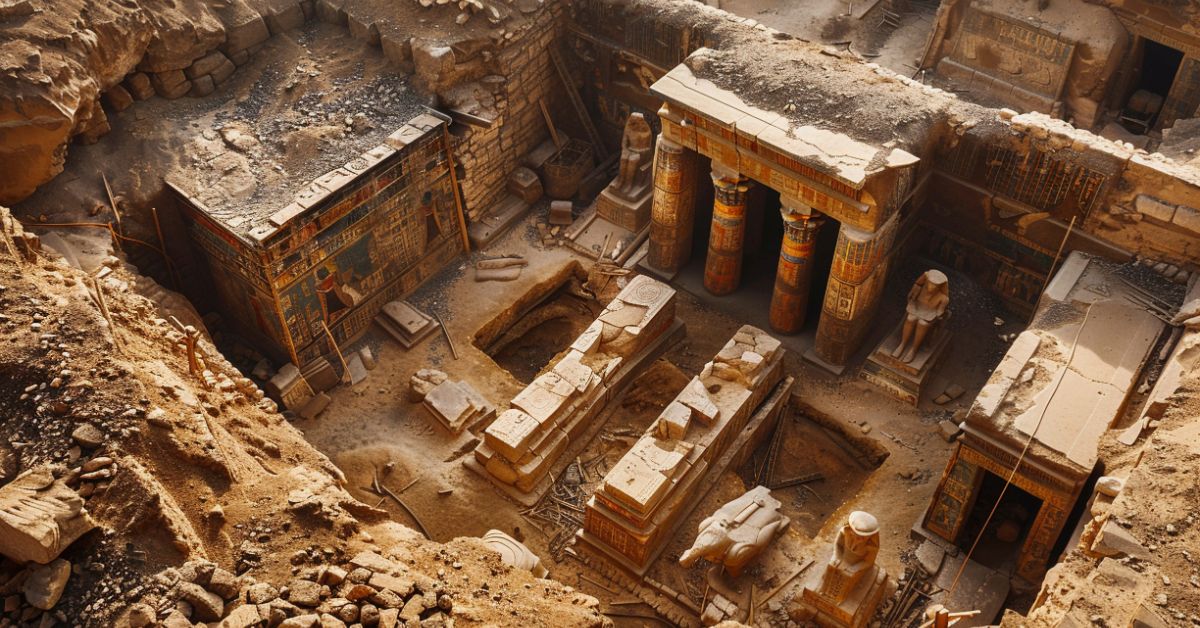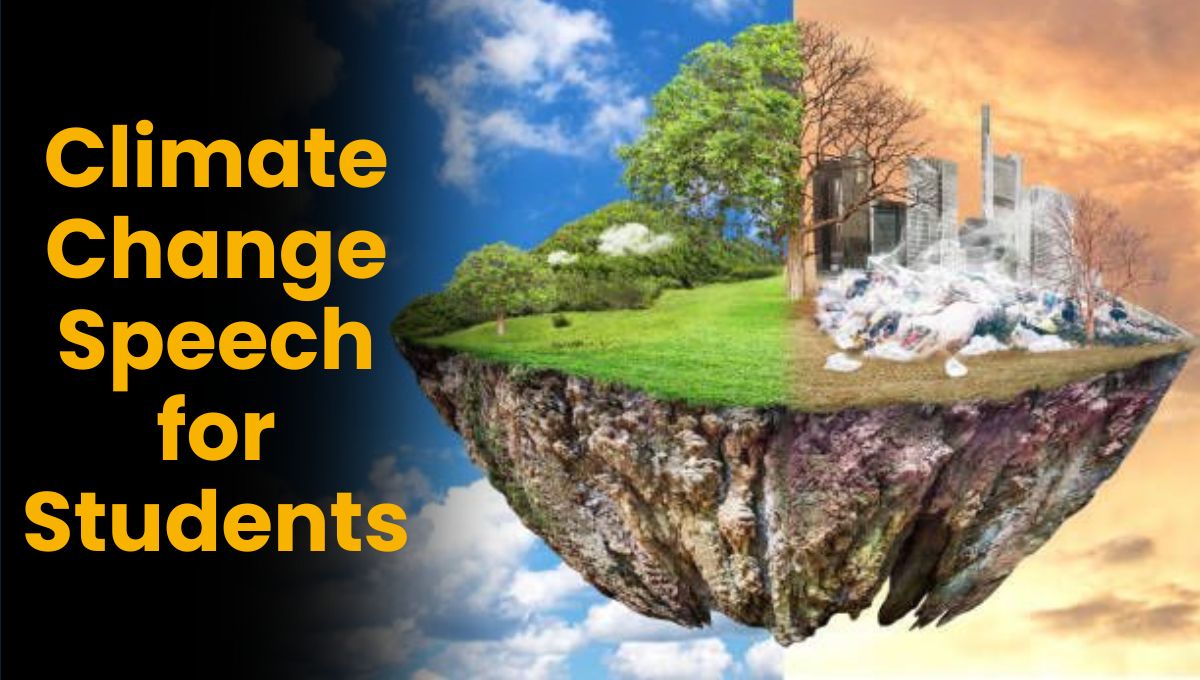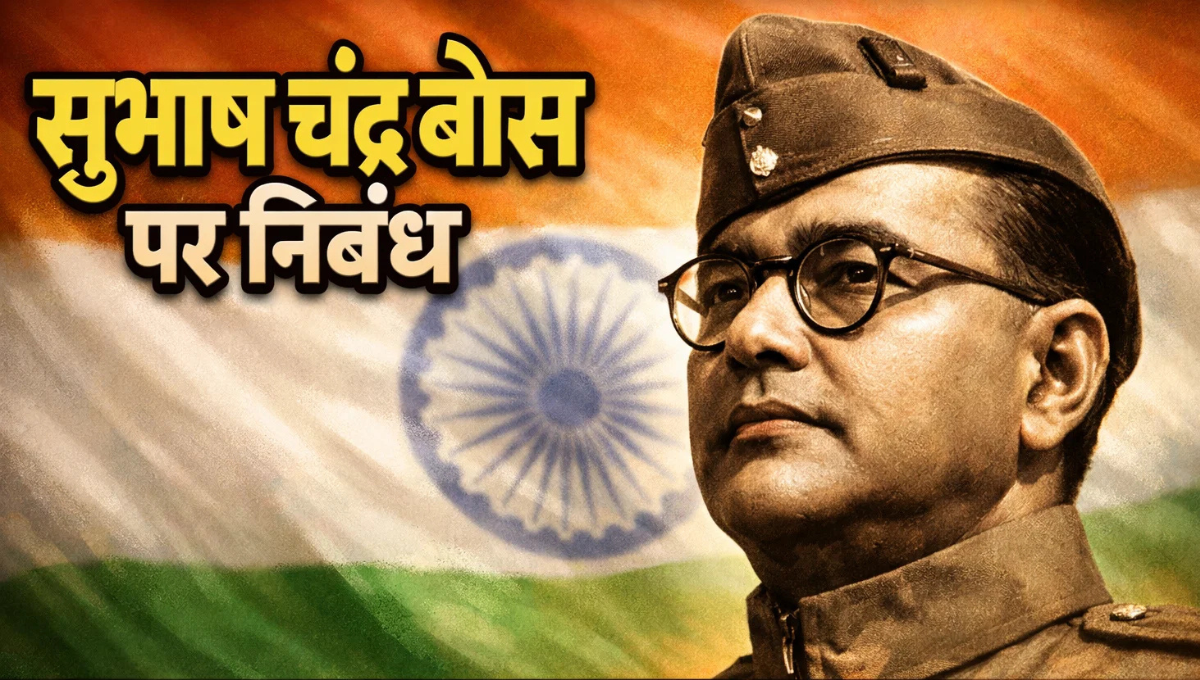The Importance of Ancient Civilizations Speech
Good [morning/afternoon] respected teachers, fellow students, and guests,
Today, I stand before you to talk about something that has shaped the world as we know it the importance of ancient civilizations.
When we think of the ancient world, names like Mesopotamia, Egypt, Greece, and the Indus Valley come to mind. But these are not just names in our history textbooks. They represent the foundation of modern society the starting point from which human progress began.
Ancient civilizations were more than just kingdoms and empires. They were the seeds of human achievement. They gave us the basic structures of science, art, literature, and governance. They taught us how to build, how to govern, how to record our thoughts, and how to live in communities. Without them, we would not be standing where we are today.
Let’s take a moment to think about their contributions.
First, there’s writing. The invention of writing in ancient Mesopotamia not only allowed them to communicate across distances but also helped preserve knowledge for future generations. Imagine if there was no writing! No books, no notes, no messages just imagine how much of our knowledge would be lost. It’s because of their invention that today we can read books and learn about the past, and even about new discoveries.
Second, let’s look at governance. Ancient civilizations like Greece introduced the world to democracy, the system that allows us to have a voice, to be heard, and to shape our own futures. Although it wasn’t perfect back then, it laid the groundwork for the democratic principles many nations follow today. They showed us that leadership is about serving the people, not just ruling them.
Now, think about architecture and engineering. The pyramids of Egypt, the aqueducts of Rome, the urban planning in the Indus Valley all these marvels of engineering are proof of how ancient civilizations pushed the boundaries of what humans could create. We can still see their genius today. In our cities, in the way we build, and even in the smallest things, like roads and water systems.
But perhaps, what we often forget is the philosophy and wisdom passed down from these civilizations. From the moral teachings of Confucius to the philosophical debates of Socrates, ancient civilizations helped humans understand the deeper meaning of life. They taught us not only to think but to think critically. To question the world around us and to seek answers.
As students, we need to remember that history is not just about memorizing dates and facts. It’s about understanding where we come from. Ancient civilizations remind us that we are part of a long, unbroken chain of human history. Their struggles, their triumphs, and their knowledge have shaped who we are today. And this is why their importance cannot be overstated.
So, what can we learn from these ancient societies? We can learn resilience. Despite the challenges they faced, they pushed forward, discovering new ways to thrive. We can learn creativity. They saw the potential to build great cities, invent new tools, and explore new ideas. And above all, we can learn the value of learning itself.
The Importance of Ancient Civilizations
The ancient world continues to speak to us. Through their art, their literature, their inventions, and their wisdom, they remind us of the boundless potential of humanity. They show us that no matter the time, no matter the place, the human spirit has always been capable of greatness.
As students, let’s remember this whenever we open our history books. What we learn today is not just the past it’s a guide for our future.
Thank you.
The Significance of Ancient Civilisations Speech in English
The Characteristics That Make a Person a Hero Speech in English
FAQs: The Importance of Ancient Civilizations Speech
1. Why should we care about ancient civilizations?
We should care because ancient civilizations are the foundation of everything we have today. They were the pioneers of writing, governance, science, art, and architecture. Without their contributions, we wouldn’t have the world as we know it. Their discoveries and wisdom guide us even now. By learning about them, we gain a deeper appreciation for human progress and our own place in history.
2. How do ancient civilizations affect our lives today?
The influence of ancient civilizations is everywhere, from the democratic systems we live under to the languages we speak and the buildings we see around us. The systems of governance, legal frameworks, and even the scientific methods we use originated from these early societies. They shaped the way we think, communicate, and even understand the world around us.
3. Can learning about ancient civilizations help us in the future?
Absolutely! Learning from ancient civilizations teaches us resilience, creativity, and wisdom. They faced incredible challenges war, famine, disasters but found ways to survive and thrive. Their ability to innovate and adapt can inspire us to solve modern problems, from climate change to technological advances. History shows us that human potential is boundless, and that’s a message we can carry forward into the future.
4. Aren’t ancient civilizations just old history? How is it relevant to students today?
It’s not just old history; it’s our collective legacy. As students, understanding ancient civilizations helps us connect the dots between the past, present, and future. It gives us insight into how human societies evolve, how we learn from mistakes, and how ideas and inventions are passed down and transformed. In a way, studying ancient civilizations is like holding a mirror to our own world allowing us to see where we came from and where we might be headed.
5. What can students learn from ancient civilizations beyond historical facts?
Students can learn timeless lessons such as critical thinking, problem-solving, and the value of community. These civilizations had to overcome difficulties, and in doing so, they taught us the power of unity, leadership, and the importance of cultural exchange. Their philosophies encourage us to ask questions and explore the world beyond what we know. It’s not just facts it’s learning to be a thoughtful, engaged human being.
6. Why are ancient civilizations considered so “great”?
They are considered great not only because of their monumental achievements but because they pushed the boundaries of human potential. The construction of the pyramids, the development of writing, the concept of democracy, and their contributions to philosophy and science these were all extraordinary milestones. They showed us that humans are capable of incredible feats when they work together and think creatively. Their greatness lies in their lasting influence and the impact they continue to have on our lives.
7. Can studying ancient civilizations inspire us today?
Yes, absolutely. The stories of ancient civilizations are stories of ambition, courage, and discovery. They inspire us to dream bigger, to think deeper, and to face challenges head-on. When we look at their accomplishments, we realize that we too are capable of greatness. Their journey reminds us that every generation has the power to leave a legacy that can shape the future.
8. How can ancient civilizations teach us about overcoming challenges?
Ancient civilizations faced immense challenges natural disasters, wars, and internal strife but they persevered. Their ability to innovate, adapt, and rebuild teaches us that no challenge is too great. Whether it was through creating new agricultural techniques or building monumental cities, they constantly found solutions. This resilience is something we can learn from as we face our own modern challenges.
9. What is the most important lesson we can learn from ancient civilizations?
The most important lesson is that human potential is limitless. These civilizations created lasting legacies that continue to inspire us thousands of years later. They remind us that no matter the obstacles, humans are capable of incredible achievements through determination, creativity, and a willingness to learn from each other. They teach us that progress is a collective effort, and together, we can shape a better future.
10. How can learning about ancient civilizations make us better students and people?
Learning about ancient civilizations teaches us humility and curiosity. It reminds us that we are part of something much larger than ourselves a long chain of human progress. As students, it helps us develop critical thinking, problem-solving skills, and a deeper understanding of the world. As people, it encourages empathy, cultural appreciation, and the pursuit of knowledge. Ancient civilizations show us that we are all connected through time and history, and that our actions today can have a lasting impact on tomorrow.

















6 thoughts on “The Importance of Ancient Civilizations Speech in English”